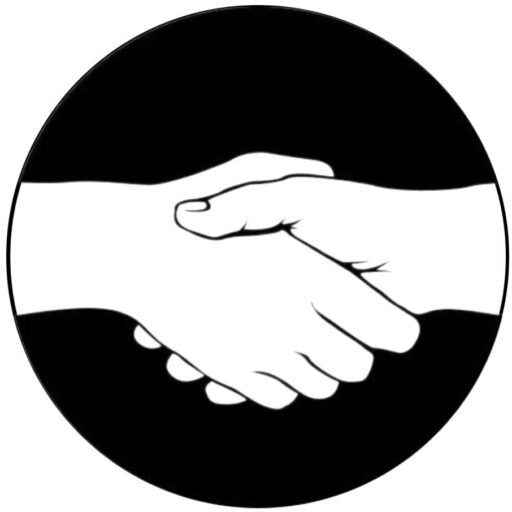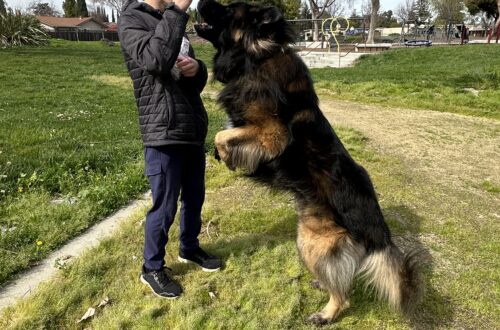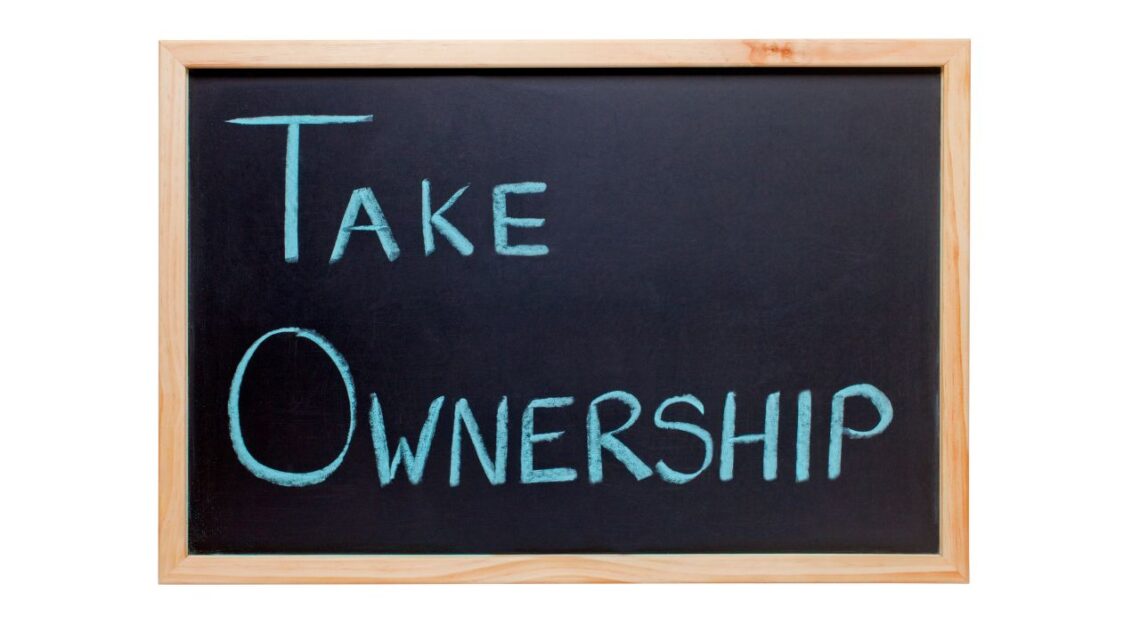
The Power of Ownership
I’m back after a kids’ summer hiatus. Both of my kids decided to test the resilience of their dominant hands: my son broke his, and my daughter came down with a fencing-induced “trigger finger” ailment. We’re hopefully at the tail end of both adventures, though neither is fully resolved yet. This summer has been a whirlwind of uncertainty and frantic dashes. As my anesthesia-groggy son declared post-surgery, “I am so happy you don’t have a job, mom!”
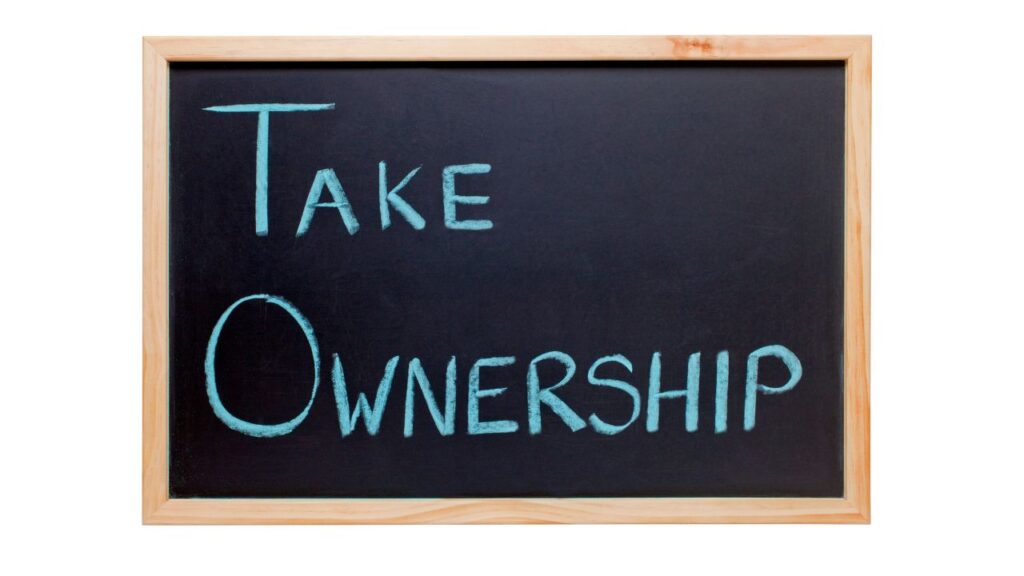
Well, while I am still trying to land a Manager job in the software industry, I also wanted to go back to blogging. There is so much new acquired knowledge in the past couple of months, but I really wanted to talk about a pillar of any position in any field: Ownership. And while it’s rarely mentioned in position requirements, and often assumed, I believe as a manager and a leader one should always expect it from their team.
What is ownership?
I believe, ownership is not just a job thing, it’s a daily attitude to everything one does. You should be an owner in your house and pick up something off the floor, even if you are not the one who dropped it. (You can clearly see I have teenagers in the house). By the same token you should own your space, the work you produce, the patients you are responsible for, etc.
One of the examples of ownership I want to bring up happened to me when I was in the hospital after my big surgery. Long story short (and I am sure I will write about it at some point), but I had cancer in 2012, and as a result I had an 11-hours surgery that left me disabled for a week. I couldn’t move my arms, as my muscles were cut on the sides, I couldn’t move my legs, or frankly speaking, anything else, because my core muscles were cut as well. And basically everything goes back to core muscle. I could talk though.
While I was lying in bed, nurses had to come to my room every hour to ensure blood flow through my vessels using a specific device. During one of these visits, the curtain separating my room from the hallway slipped from one of the rings and became skewed. As the nurse left, she had to spend extra time aligning the buttons to close it. By the end of the day, with all the comings and goings, three rings had fallen off, making it difficult for the nurses to close the curtain properly. This wasted time that could have been better spent attending to patients or resting. Yet, none of the nurses addressed the issue.
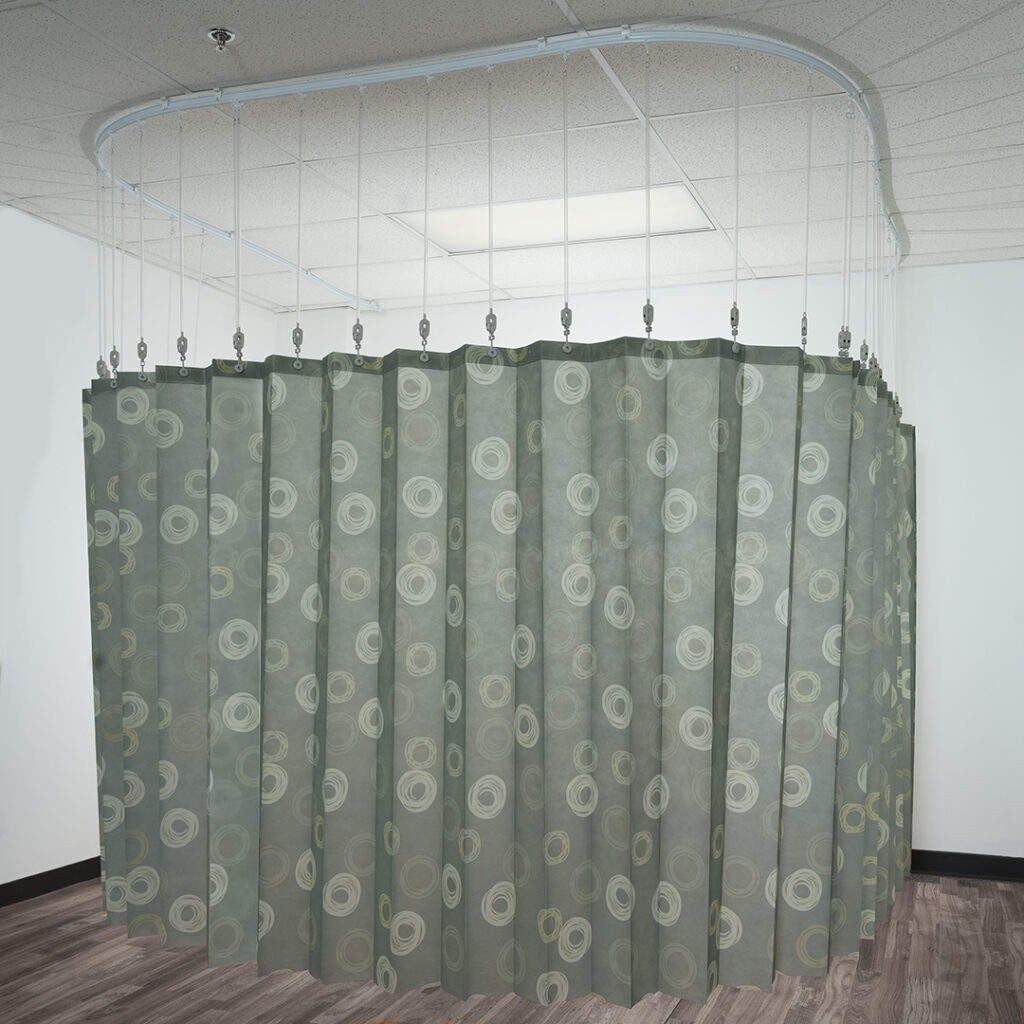
By the second day, a fourth ring had dropped, and the curtain was barely hanging. Frustrated, I asked a nurse who could fix it. She responded that it was a maintenance responsibility. I asked if she had called maintenance, as they wouldn’t know there was a problem otherwise. She seemed surprised and asked, “Am I supposed to call them?” I pointed out that I physically couldn’t call them. After a brief conversation, the nurse called maintenance, and the curtain was fixed within 10 minutes.
This situation highlighted to me that if the nurse had taken ownership of her patients and their environment, the problem could have been resolved much sooner.
Ownership in dev team
Developers are expected to take ownership of the features and products they develop. While the extent of this ownership varies with the engineer’s seniority, there are fundamental expectations for all levels. At a minimum, every engineer should:
- Understand Expectations: Collaborate with their Product Manager (PM) to fully grasp the requirements and expectations for their work.
- Write Code and Tests: Develop the code, write unit tests, and ideally, integration tests if appropriate.
- Basic Functionality Check: Ensure the feature works as intended before pushing it to Quality Assurance (QA).
In many cases, especially today, there may be no dedicated QA team. When this happens, the full responsibility for testing falls on the developer.
Additionally, minimal ownership includes creating necessary documentation. This can range from design documentation and feature explanations for customer service to API documentation and testing guidelines.
As developers gain seniority, their ownership responsibilities expand. Senior developers might be involved in:
- Production Roll-out: Overseeing the deployment of features to production.
- Integration: Ensuring smooth integration with other features and systems.
- Architectural Documentation: Creating and maintaining detailed architectural documentation.
- Infrastructure Impact: Understanding and managing the impact of their work across the entire infrastructure.
In essence, the concept of ownership grows with experience, requiring more comprehensive involvement in the lifecycle and broader implications of the developed features and products.
Ownership is a crucial trait that extends beyond the realm of software development. It’s not only something we should expect from our engineers but also a value we should instill in our children from a young age. Teaching them to take responsibility for their actions and commitments will positively impact their performance in any career and every aspect of their lives. Fostering a sense of ownership early on prepares them to be accountable, proactive, and thorough in their personal and professional endeavors.


